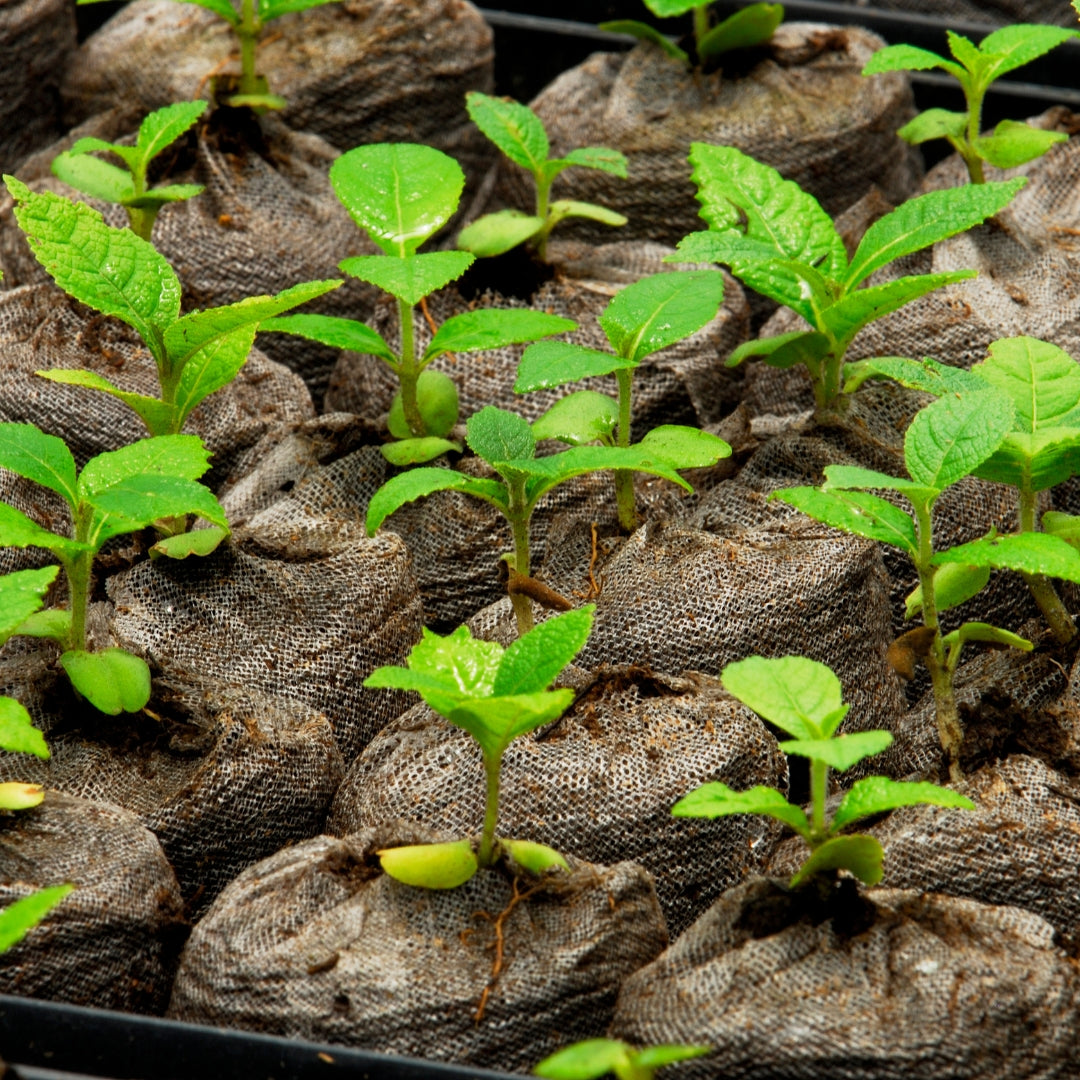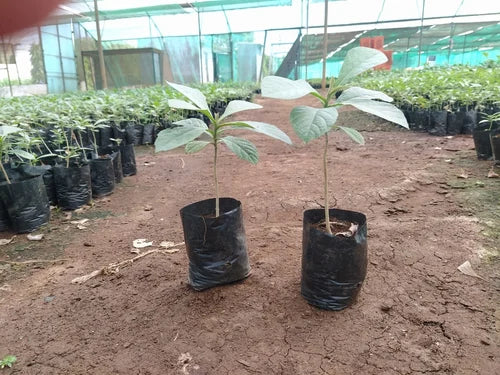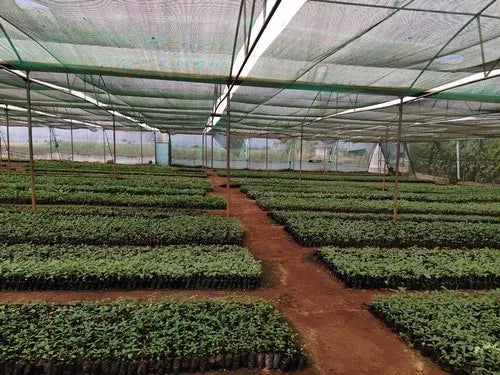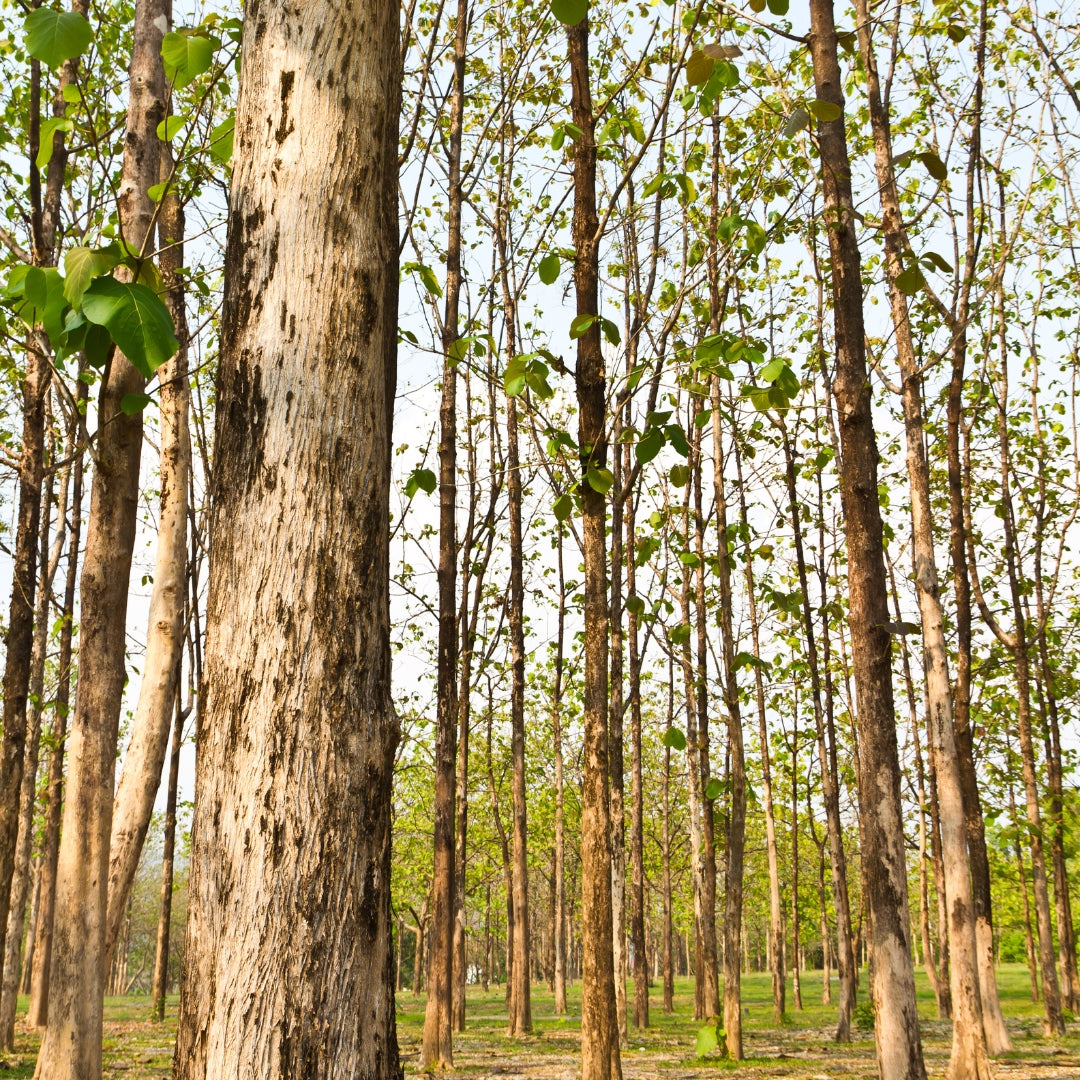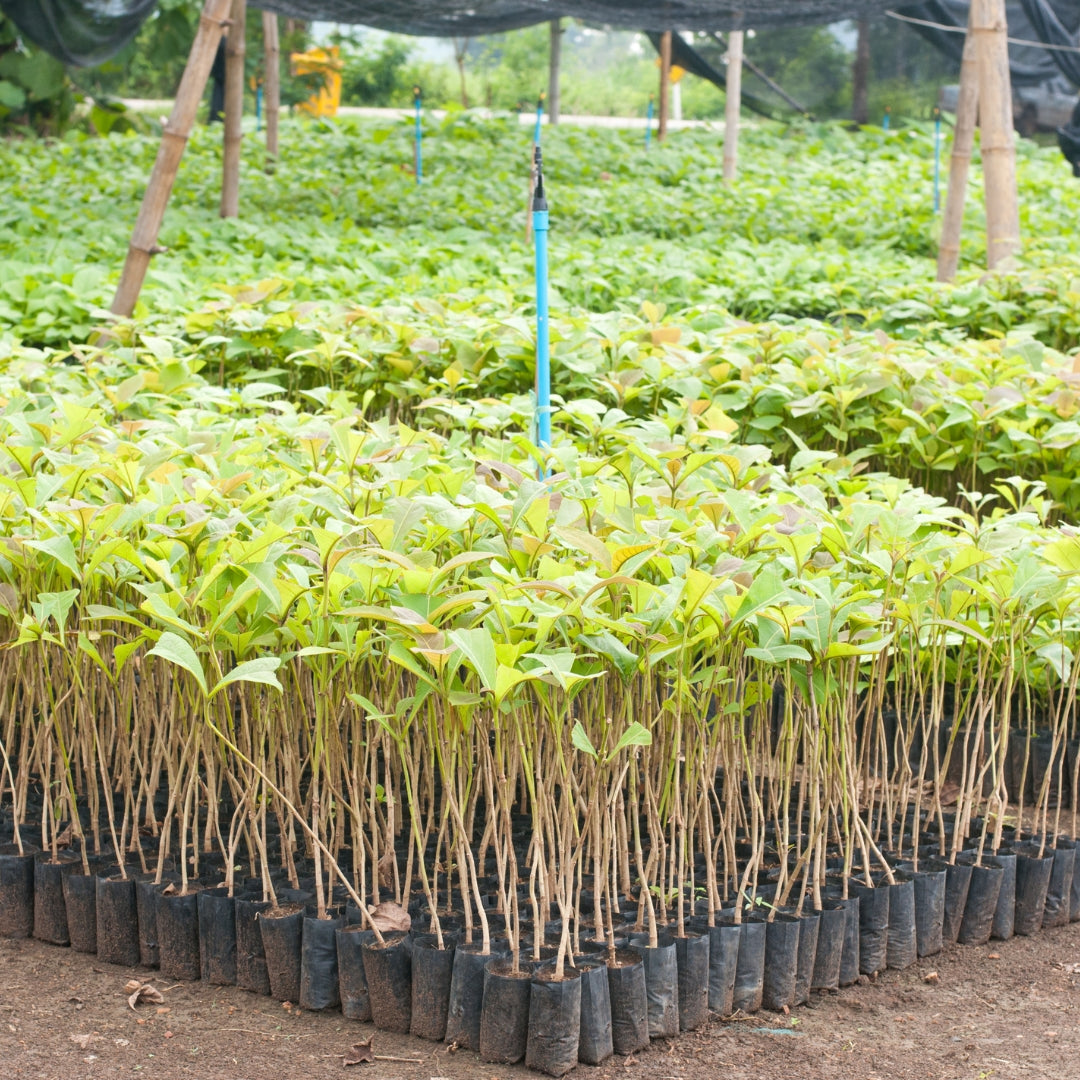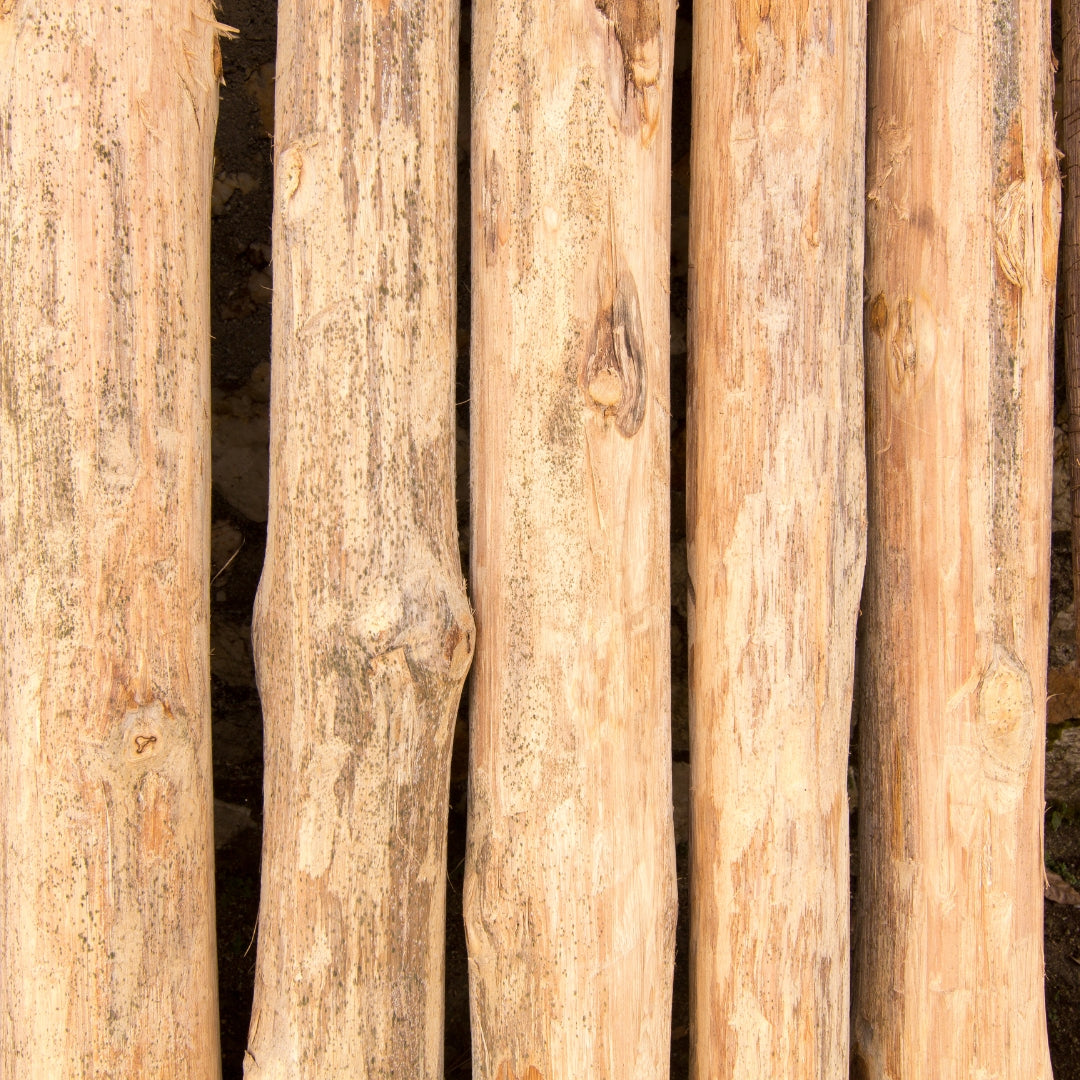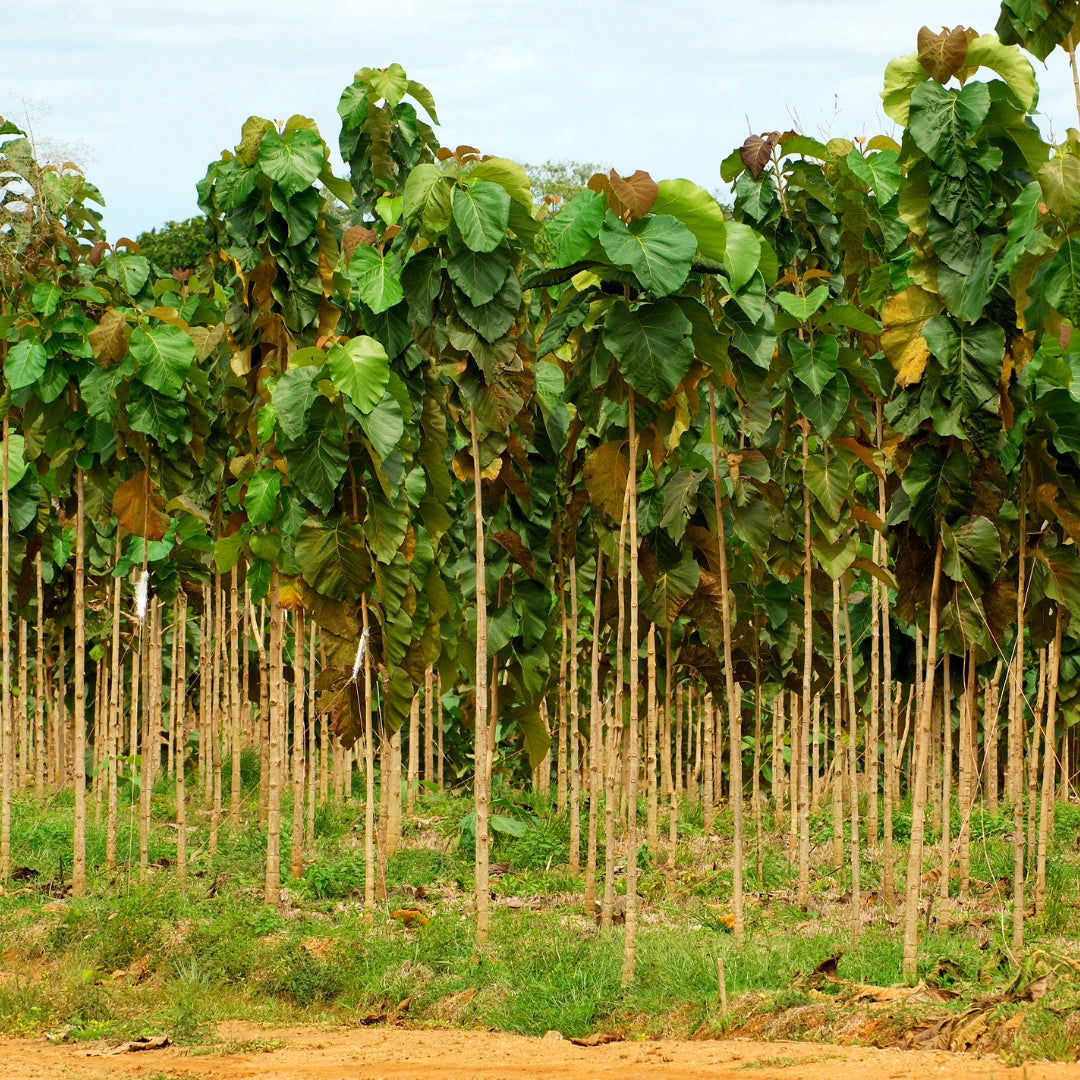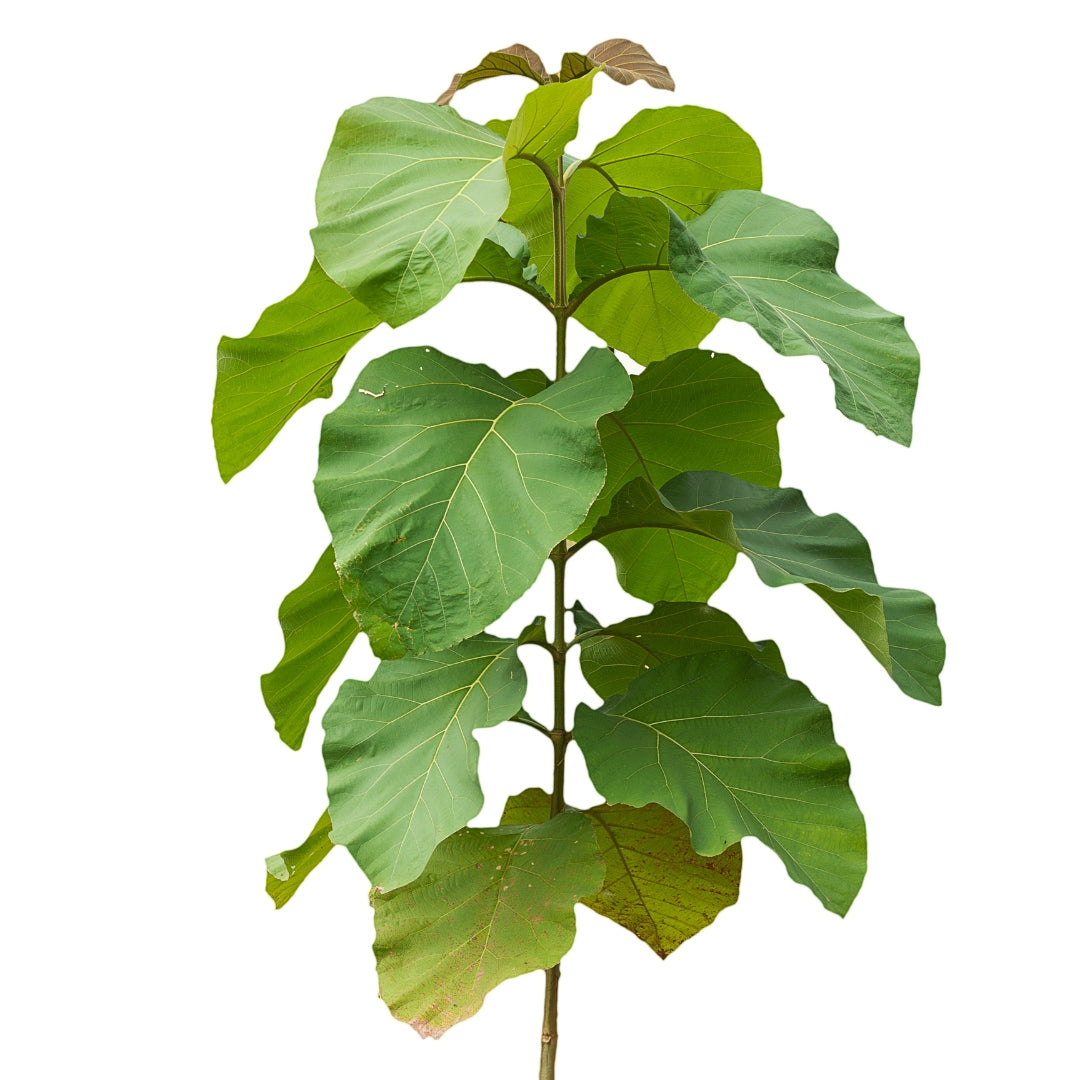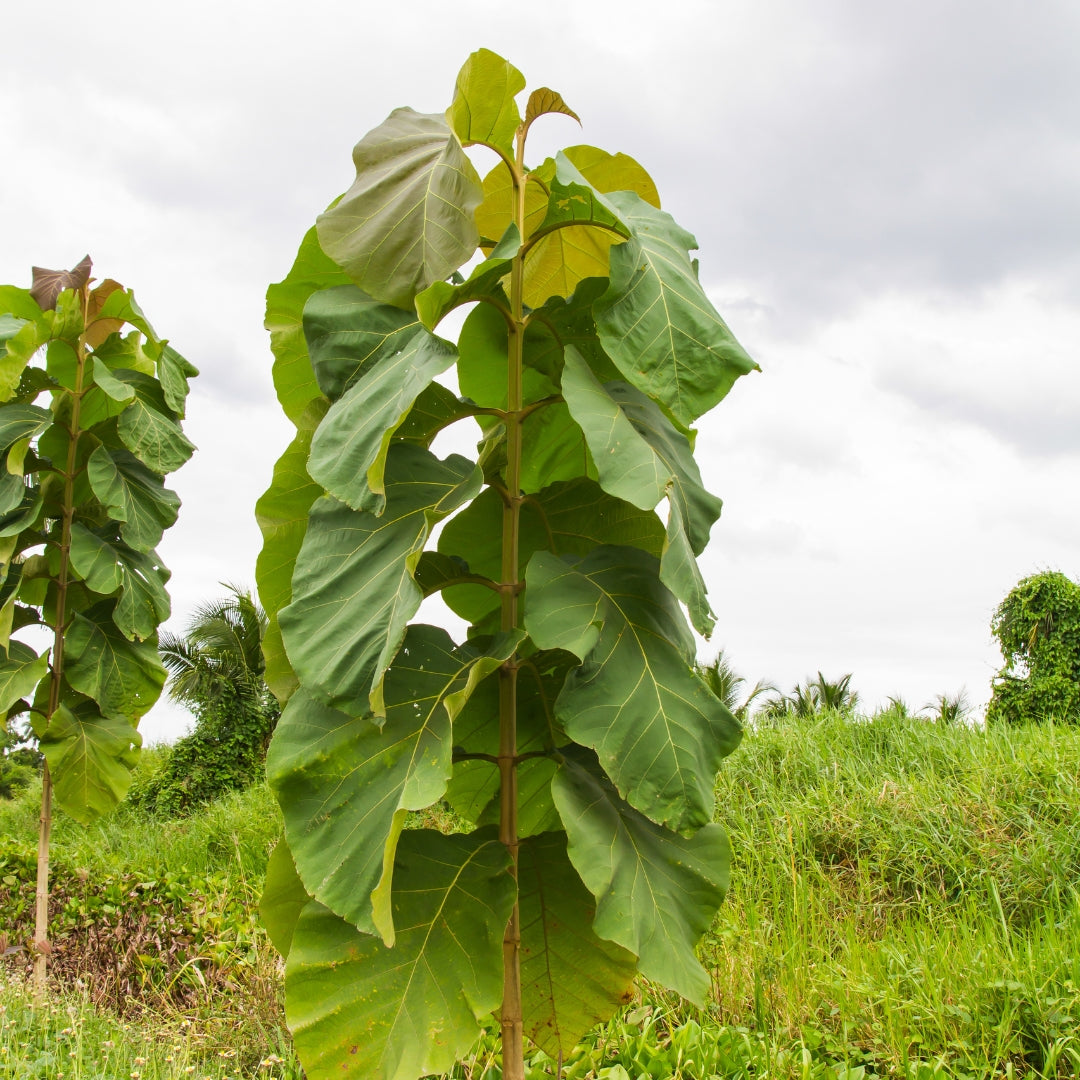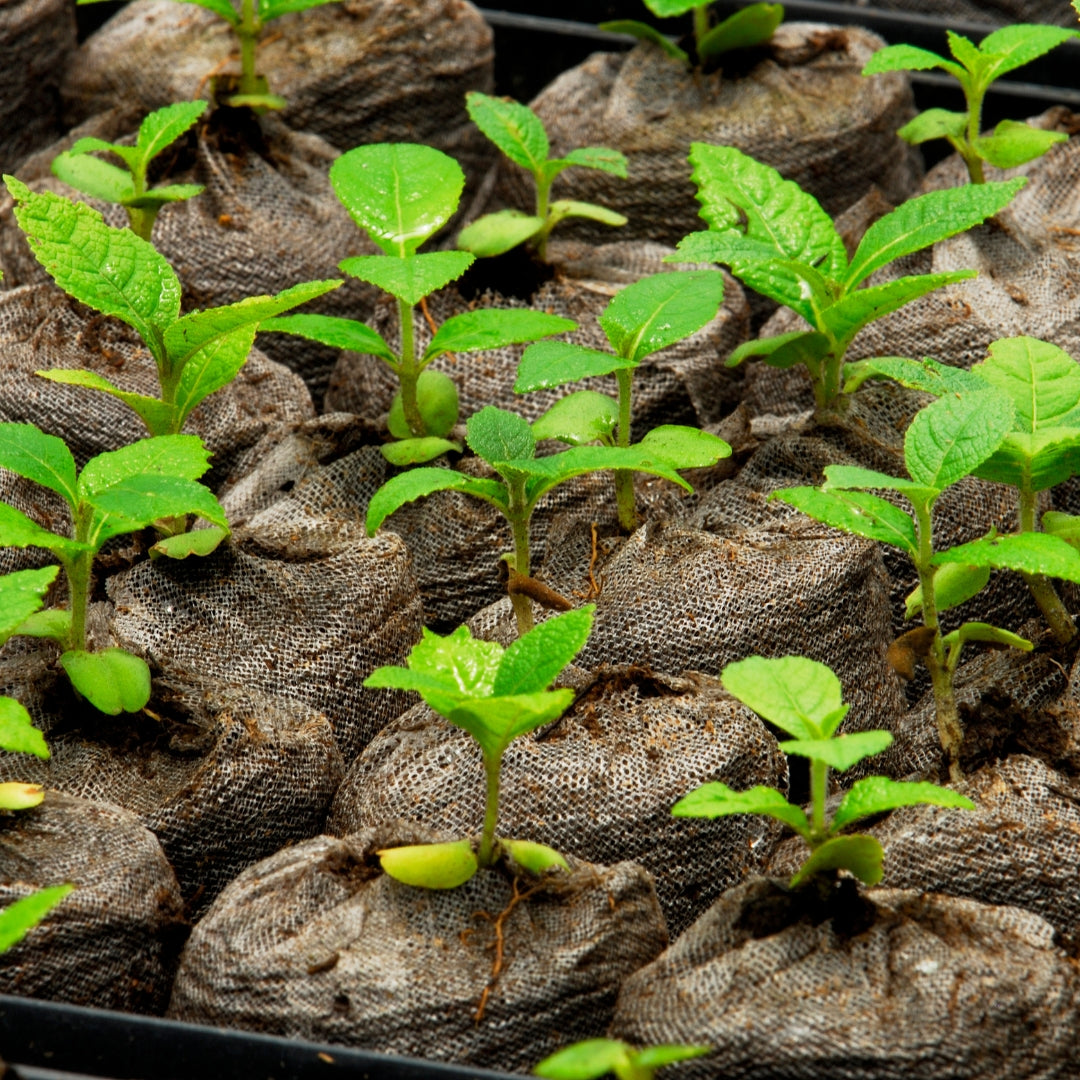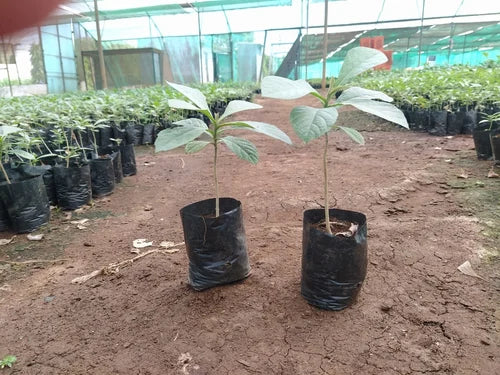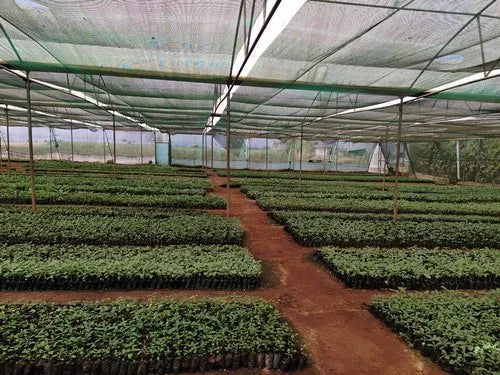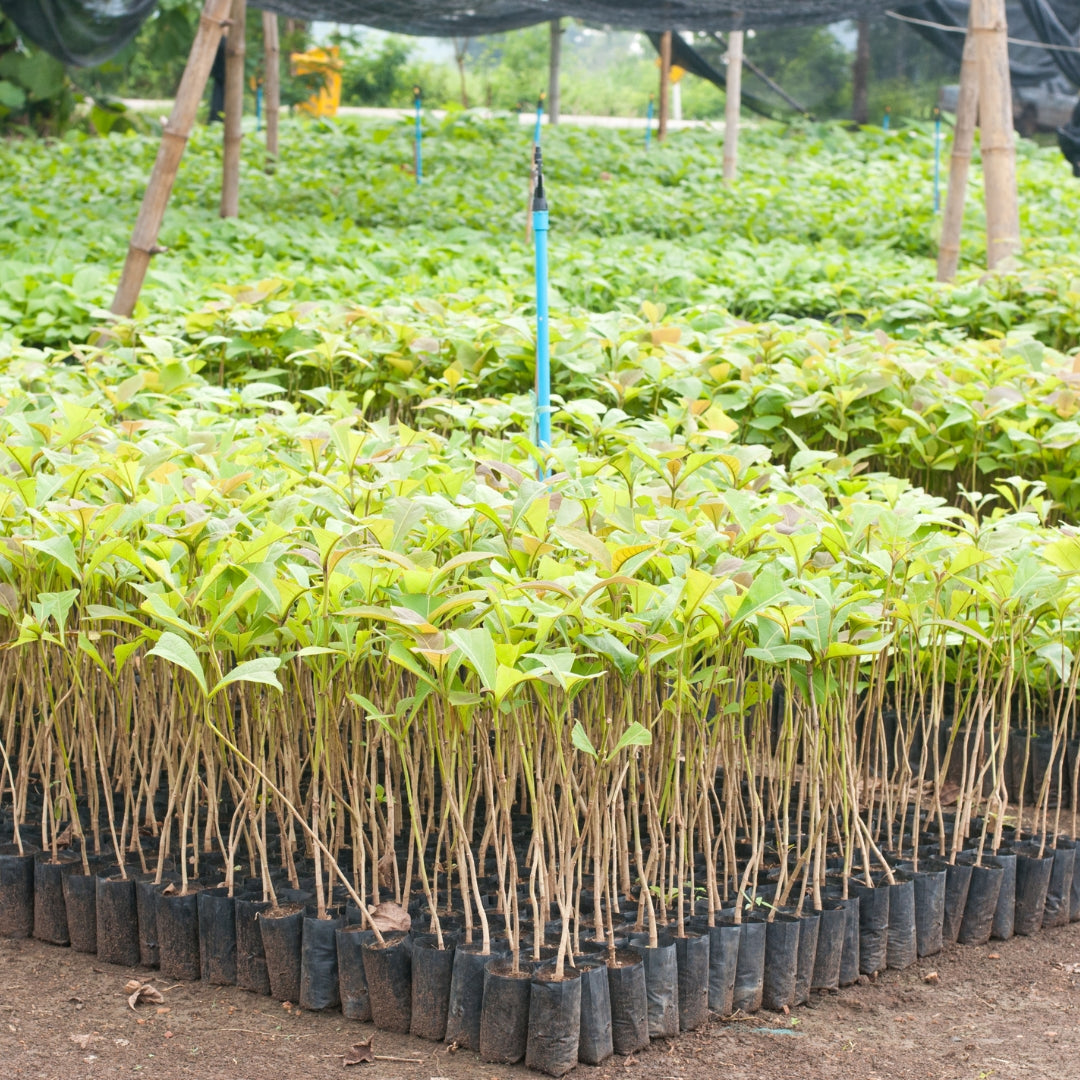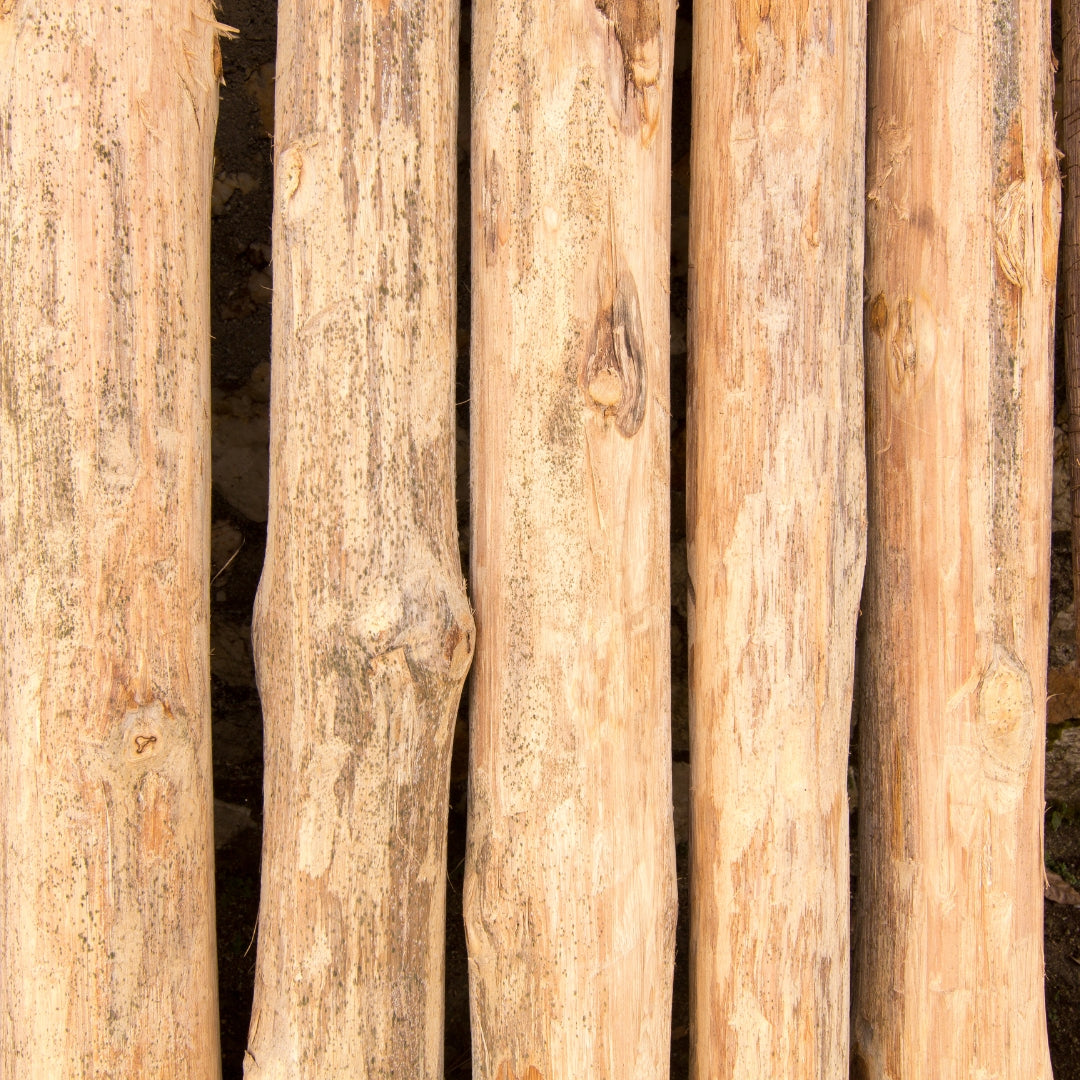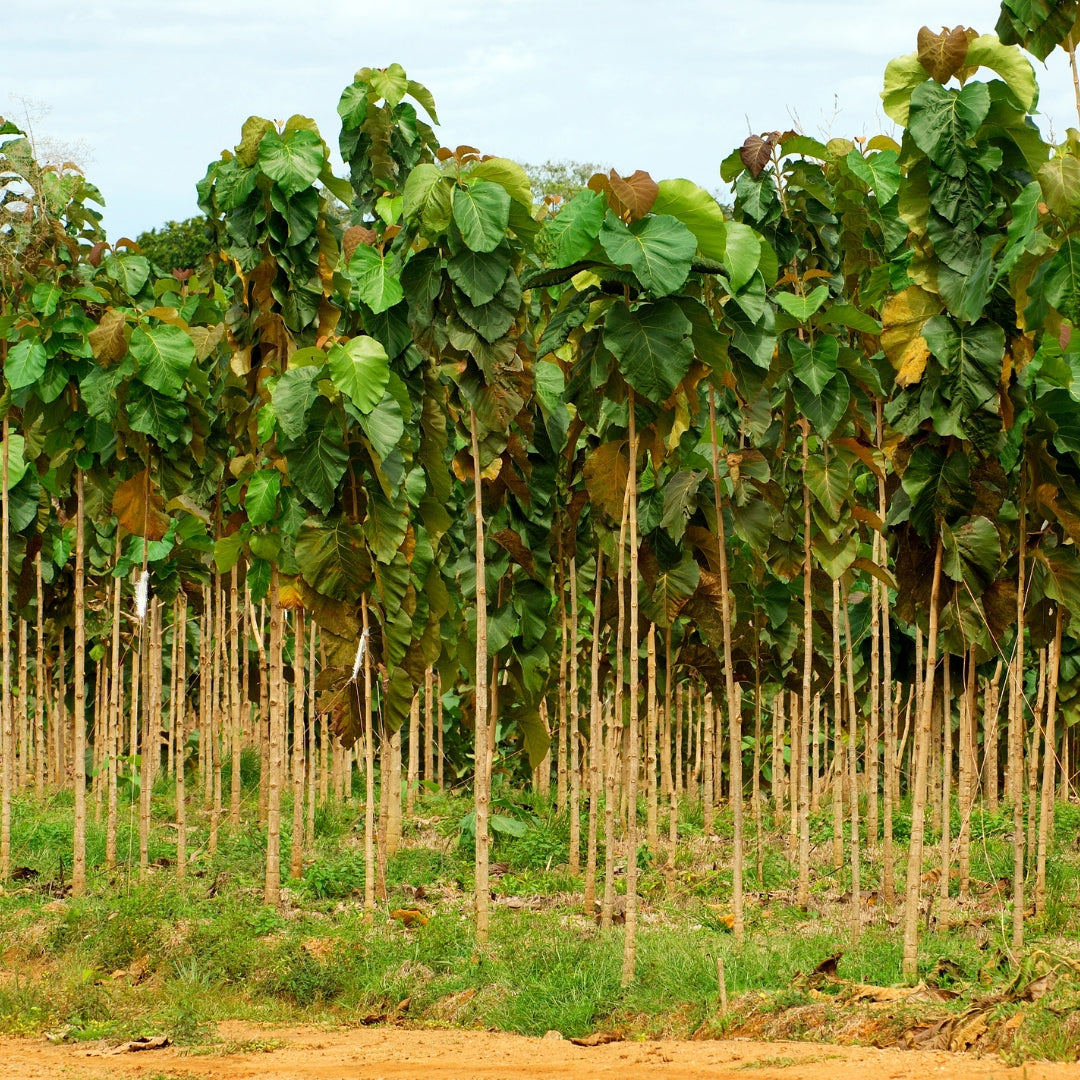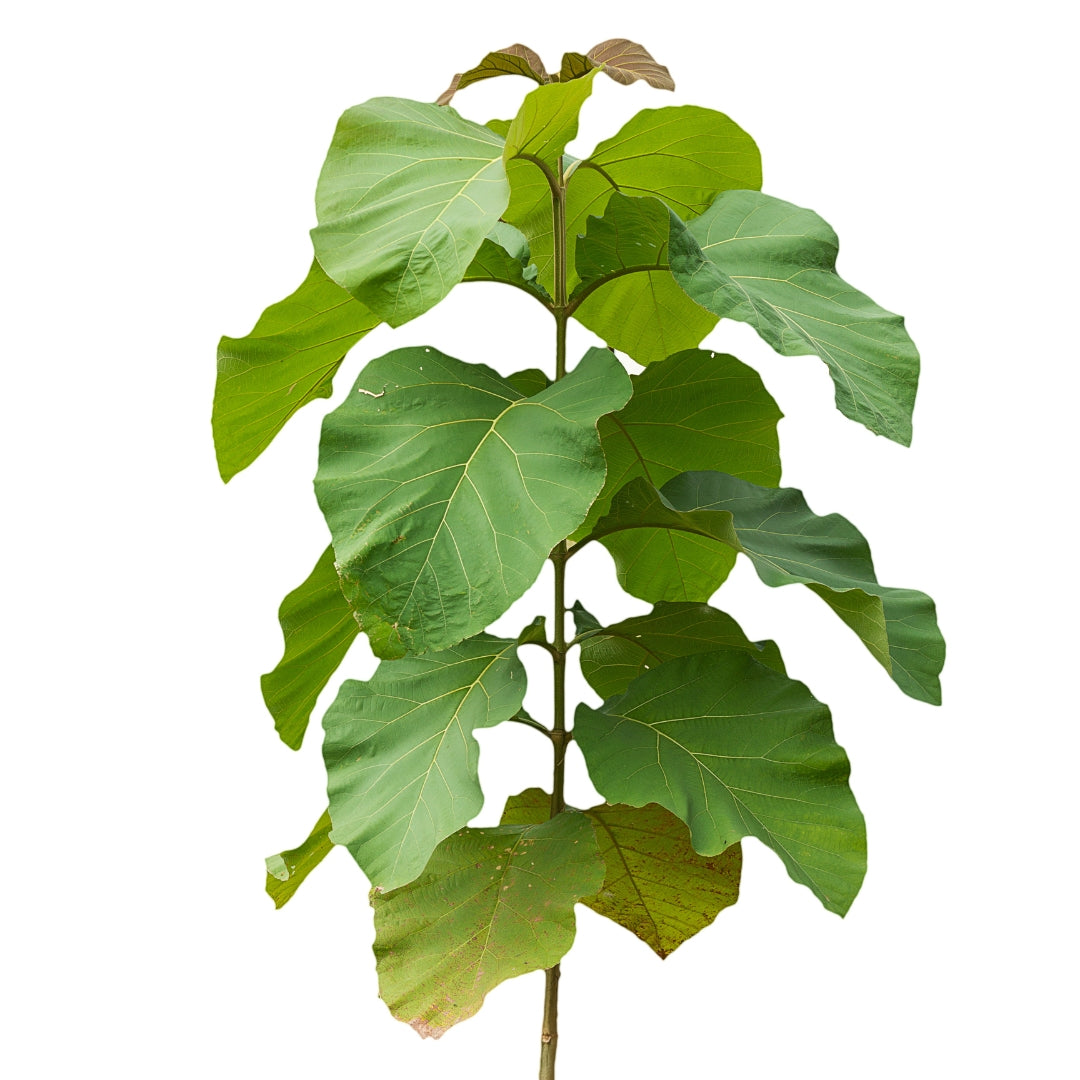My Store
Burma Teak Tissue Culture Plant 'Tectona Grandis'
Burma Teak Tissue Culture Plant 'Tectona Grandis'
Couldn't load pickup availability
Teak is a forestry crop with tremendous market potential and is used extensively in the wood industry due to its quality. However, teak tree numbers have been diminishing year after year. The rapid decline of teak forests elsewhere is very evident due to the high demand for teak wood, which is reflected in the rising prices. Teak is widely planted for its wood qualitTraditionally, teak plantations have been established using stump seed-raised plants from nurseries, with seeds collected from various parent trees. Unfortunately, seeds collected from genetically inferior parent trees can result in poor-quality teak wood. Propagating clonal material using conventional methods like budding, grafting, and cutting has its limitations.
As teak is primarily a forestry crop, it is not commonly cultivated by farmers. When it is cultivated, it is typically done on bunds and borders of farms. Very few farmers undertake teak cultivation and development. Additionally, the material used in conventional teak plantations is not always true to type and lacks genetic uniformity.
To address these issues and ensure disease-free, high-quality, and genetically uniform plants, we propagate selected elite teak clones in our tissue culture laboratory. The tissue culture teak plants we produce offer several advantages over traditional methods.
Growth Characteristics: Teak is a large deciduous tree that can reach heights of up to 40 meters (131 feet). It is recognized for its high-quality wood. The leaves of teak are ovate-elliptic to ovate, measuring 15–45 cm (5.9–17.7 inches) in length and 8–23 cm (3.1–9.1 inches) in width. They are supported by sturdy petioles, which are typically 2–4 cm (0.8–1.6 inches) long. The leaf margins are smooth and entire.
Climate and Environmental Preferences: Teak thrives in alluvial soils and requires a fairly moist, warm, tropical climate. It prefers a pH range of 6.5 to 7.5. Teak is a light-demanding species, needing relatively high light intensity, ideally between 75% and 100% of sunlight, for optimal growth and development.
Teak can be found growing at various elevations, from sea level to approximately 1200 meters. It is well-suited to regions with a rainfall regime ranging from 800 to 2500 mm annually. In some very moist areas, teak can even tolerate annual rainfall exceeding 3,500 mm.
Teak has also been known to thrive in drier regions of India, including Tamil Nadu, Rajasthan, Madhya Pradesh, Andhra Pradesh, and Maharashtra. In the Indian Peninsula, teak can endure maximum temperatures of up to 48°C and minimum temperatures as low as 2°C in the dry zones of Central India. In the moister regions of Southern India, particularly along the west coast, the maximum and minimum temperatures in areas where teak is distributed range from 43°C to 13°C, respectively.
Planting Season: The monsoon season is the most suitable time for teak plantation. Planting can be done with spacing of 2 m x 2 m, 2.5 m x 2.5 m, or 3 m x 3 m. In cases where intercropping is practiced, spacing of 4 m x 4 m or 5 m x 5 m can be used. When planting tissue culture plants, dig pits measuring 45 cm x 45 cm x 45 cm and fill them with soil and well-decomposed cow dung.
Soil Preparation: Before planting, ensure the soil is well-drained and enriched with organic matter. Incorporate compost or well-rotted manure to enhance soil fertility.
Yield: Tissue culture plants, when grown with extra care and under favorable conditions for 15 years, can yield 25% to 50% more compared to plants propagated from stumps or seeds. It's essential to obtain legal permits from the appropriate social forestry division authority for the cutting of teak trees.
This information provides valuable insights into managing pests and diseases in teak plantations and highlights the benefits of tissue culture plants in achieving higher yields.
Share
